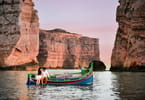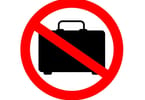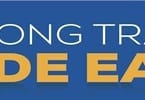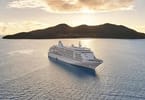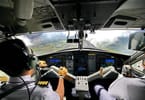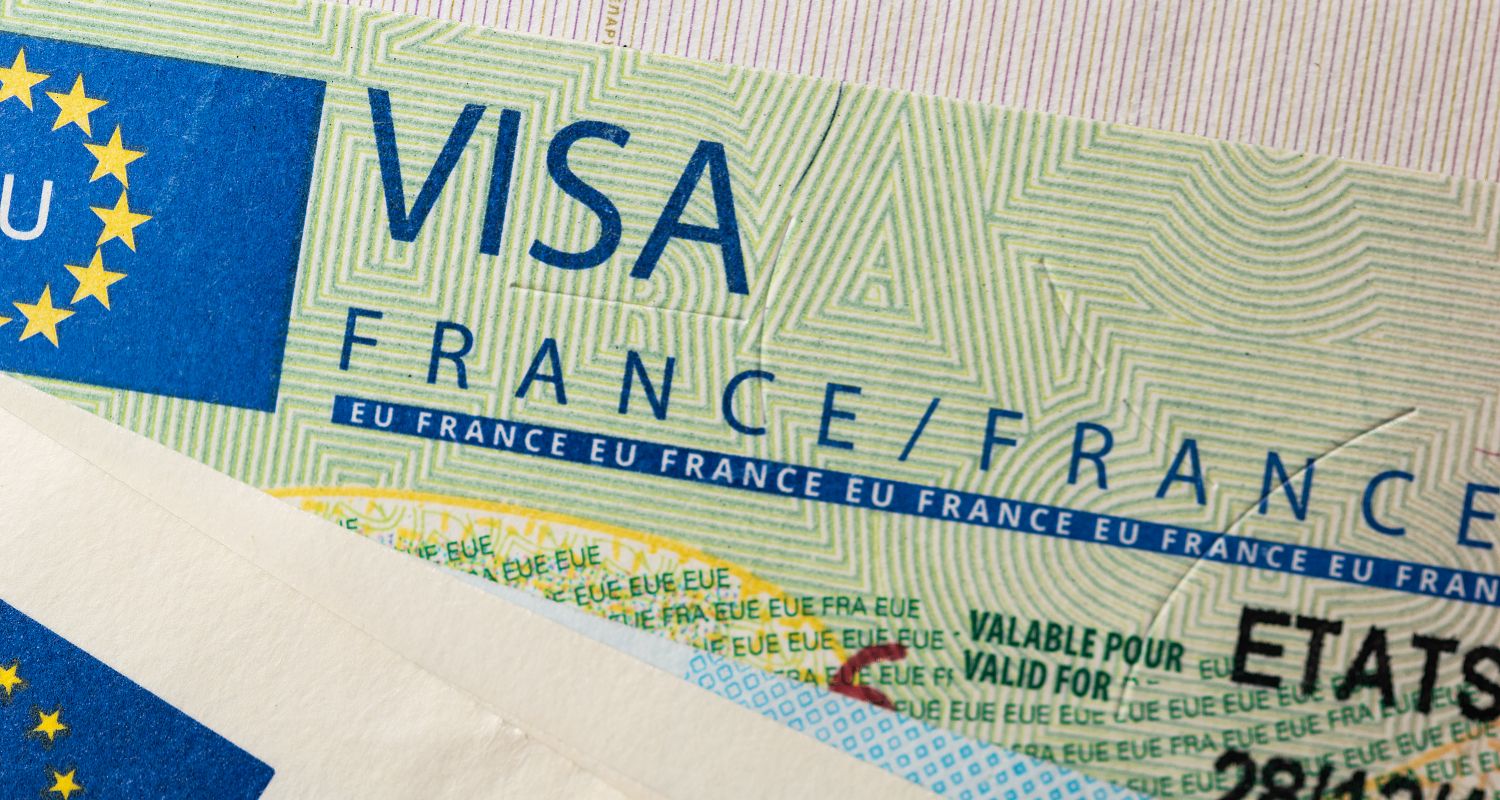Air New Zealand chief executive Rob Fyfe has called on incoming prime minister John Key to pump more money into tourism to stave off a potential sharp decline in visitor numbers.
Foreign tourist numbers had slowed because of the global economic downturn and reinvestment was needed, with government support, to ensure the economically critical sector did not contract, Mr Fyfe said.
Mr Key’s decision to become tourism minister was appropriate, he said.
“The prime minister should be the No1 marketer of New Zealand.
“We are a small nation trying to make our impact on the world stage. Tourism is our biggest export earner. I see a natural logic to it,” Mr Fyfe said.
Air New Zealand is 75 per cent government owned.
Mr Key lives “around the corner” from Mr Fyfe, and their children go to the same school.
“So we bump into each other regularly, and it was a topic we discussed, but I’m sure many people are in John’s ear about all sorts of things.
“I certainly wouldn’t think I had any significant influence in that decision,” Mr Fyfe said.
He also ruled out another attempt at a merger between Air New Zealand and Qantas, which he said would now be detrimental to New Zealand tourism rather than a benefit claimed during two earlier failed attempts to gain approval from competition regulators.
“The importance of New Zealand having an airline network centred on New Zealand is very critical to our economy, because a lot of the network we fly doesn’t make sense to a network centred on Australia or a network centred on Singapore or wherever.”
About a third of Air New Zealand’s long-haul routes were unprofitable, but they were critical to ensuring the network was profitable.
If Air New Zealand and Qantas came together, the concern would be that those marginal routes would not be flown if the decisions were made out of Sydney, Mr Fyfe said.
Other countries were equally conscious of the need to have a national airline which focused on marketing their home base as a destination, and that pressure acted as a barrier to consolidation, he said.
Air New Zealand spends about $120 million a year on promoting New Zealand internationally, nearly double the amount spent by state agency Tourism New Zealand.
“Despite all the talk, I’m still a sceptic as to whether we are going to see wholesale cross-border consolidation, except across Europe within the European community.”
The network advantages of consolidation were largely being achieved through alliances such as Star Alliance and Oneworld, Mr Fyfe said.
WHAT TO TAKE AWAY FROM THIS ARTICLE:
- “The importance of New Zealand having an airline network centred on New Zealand is very critical to our economy, because a lot of the network we fly doesn’t make sense to a network centred on Australia or a network centred on Singapore or wherever.
- Other countries were equally conscious of the need to have a national airline which focused on marketing their home base as a destination, and that pressure acted as a barrier to consolidation, he said.
- He also ruled out another attempt at a merger between Air New Zealand and Qantas, which he said would now be detrimental to New Zealand tourism rather than a benefit claimed during two earlier failed attempts to gain approval from competition regulators.




